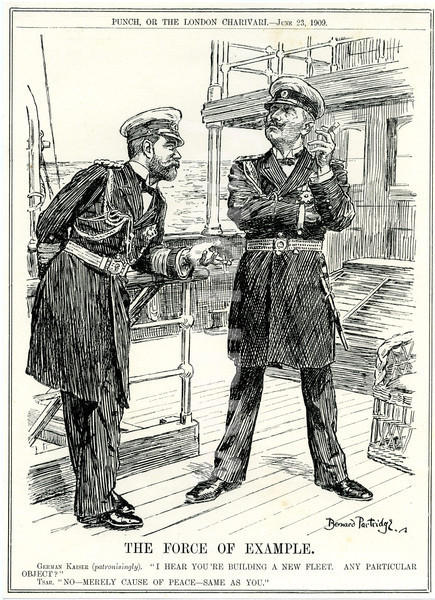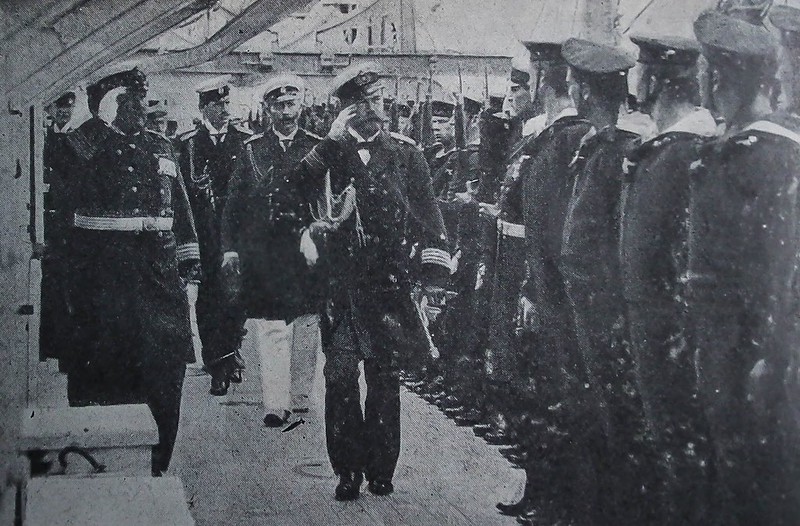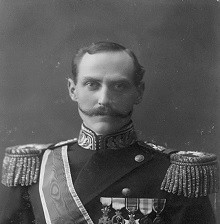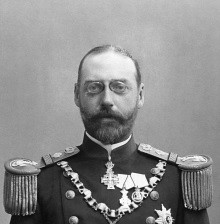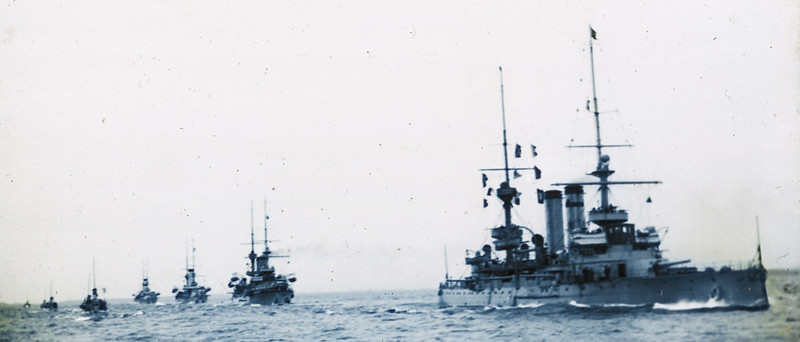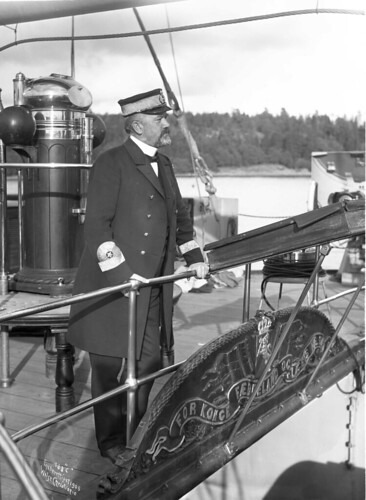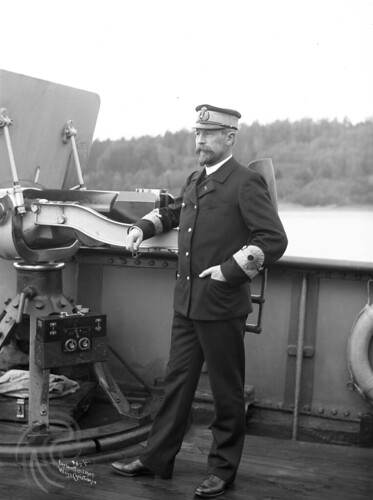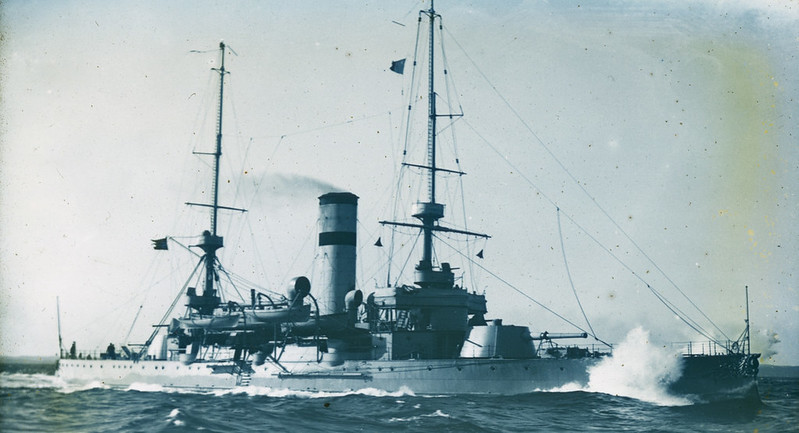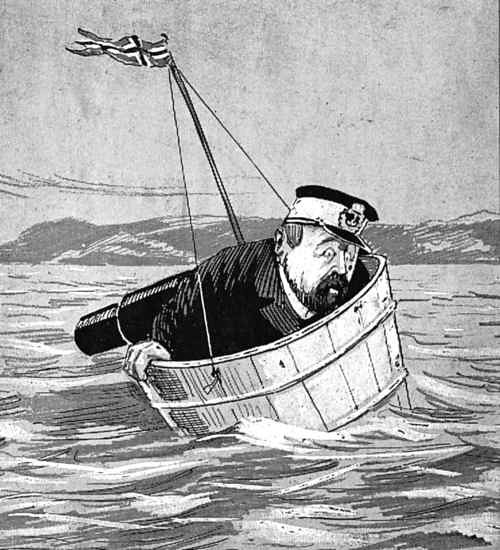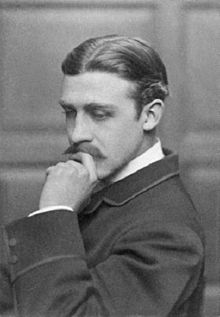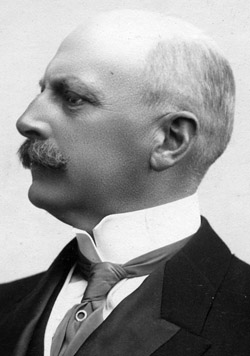I have not commented on this TL many times, but I just had to drop in to say that you are doing a very good job here, Karelian. One can see that you have done a lot of research for this and the depth it brings to the story is down right impressive. This is probably the best TL on the forum at the moment, in terms of the historical scholarship involved. This is why I seconded The March of Time for a Turtledove as well.
I'd like to comment more on the actual twists and turns of the story, but some of it goes so much above my head that I would have to do some research of my own first to comment effectively. Maybe in the summer, when the current backlog at work has been sorted through, I'll sit down with a stack of reference material and go through the TL again with some thought to really see what you have actually done here.
I'd like to comment more on the actual twists and turns of the story, but some of it goes so much above my head that I would have to do some research of my own first to comment effectively. Maybe in the summer, when the current backlog at work has been sorted through, I'll sit down with a stack of reference material and go through the TL again with some thought to really see what you have actually done here.
